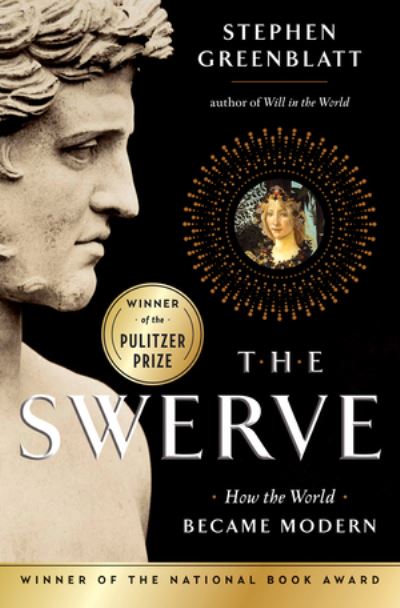

For the short period in which we live and feel desire, pleasure is the only end we should seek. As a result human beings should not fear death. That meant there was no afterlife, no eternal reward for virtue, and no perpetual punishment for vice. At some point our atoms will break free and move on in their eternal course through the void. Life is one result of this swerve, as atoms assemble themselves into forms that enable us to see and breathe.

As they do so they "swerve" from a direct course, and may strike against each other. These atoms move perpetually and randomly through a void. He believed that the gods did not concern themselves with mortal affairs and did not create the universe, which was composed of minuscule particles. What was the poem that Poggio rediscovered? Lucretius was a passionate follower of the Greek philosopher Epicurus.

He sees it as the origin of the renaissance and, in effect, of modernity. This event is vividly described by the renaissance scholar Stephen Greenblatt in The Swerve. In an abbey in Germany he came across a manuscript of a long-lost classical poem, Lucretius's De Rerum Natura ("On the Nature of the Universe"). I n the winter of 1417 the papal secretary Poggio Bracciolini made a great discovery.


 0 kommentar(er)
0 kommentar(er)
